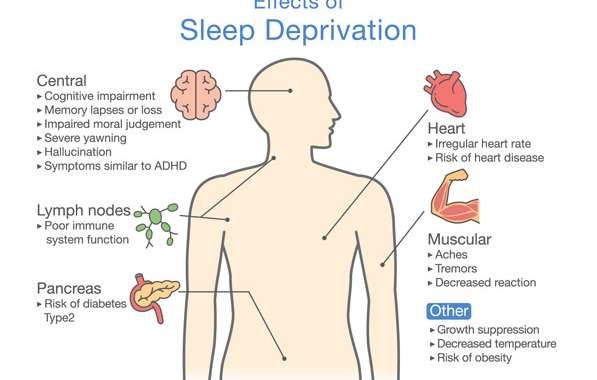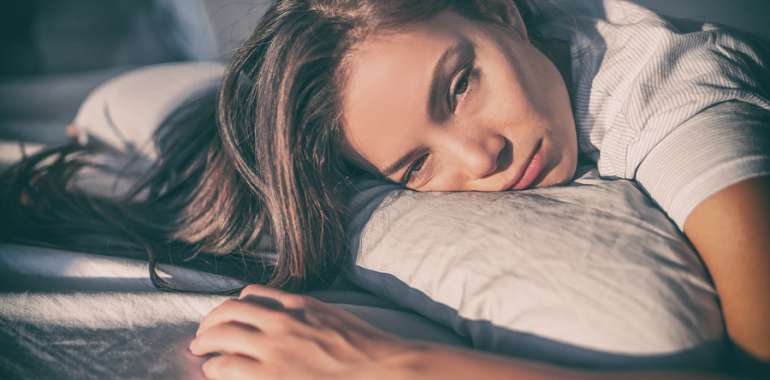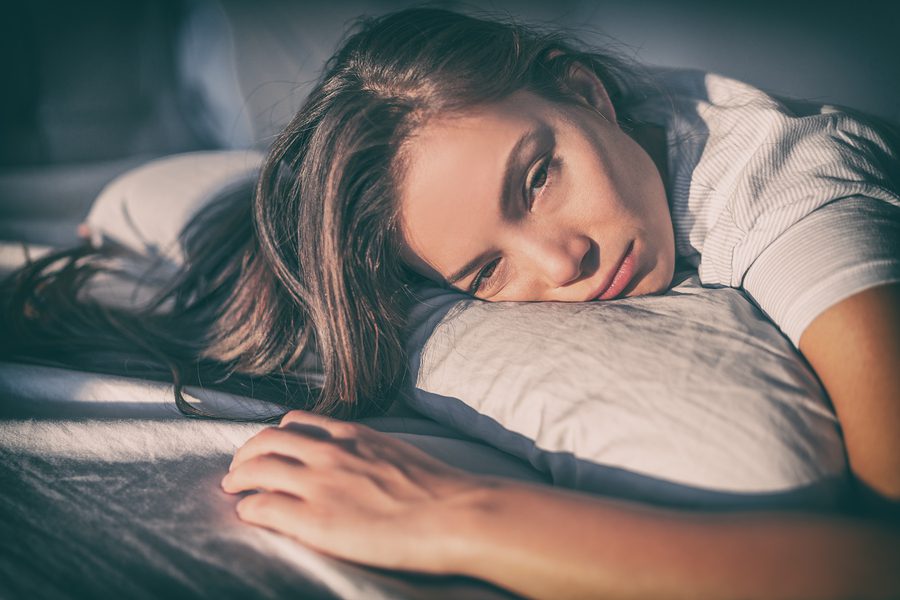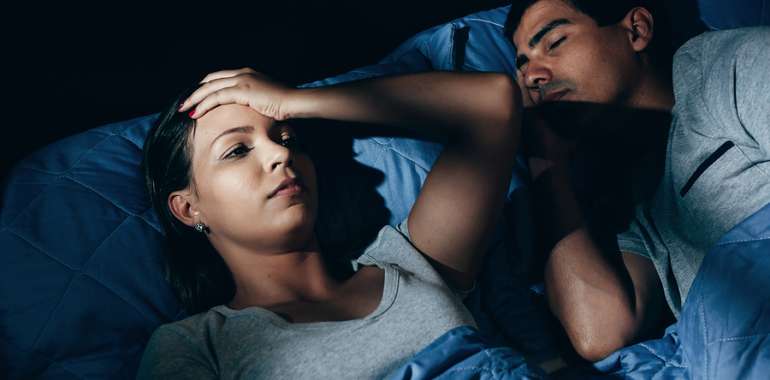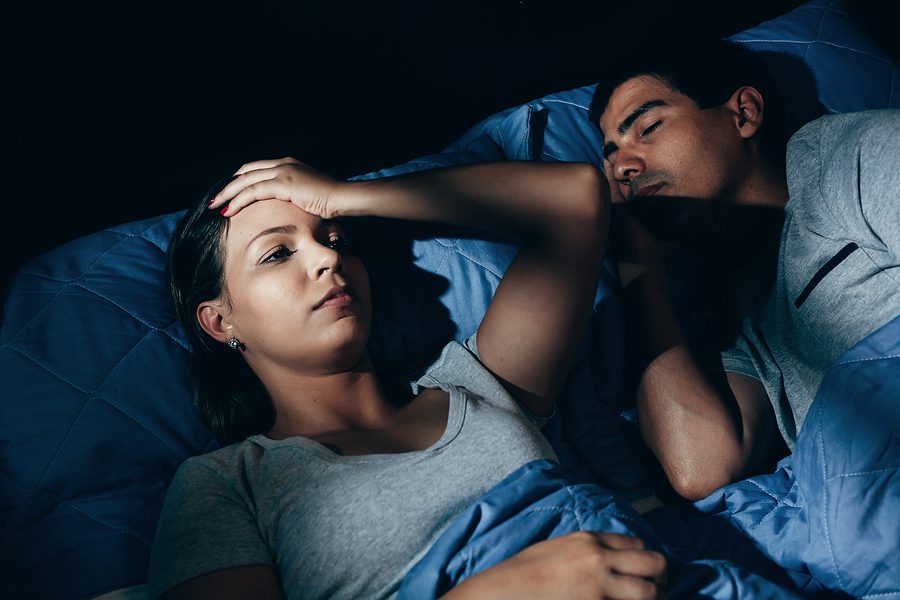How Sleep Deprivation Affects Blood Pressure
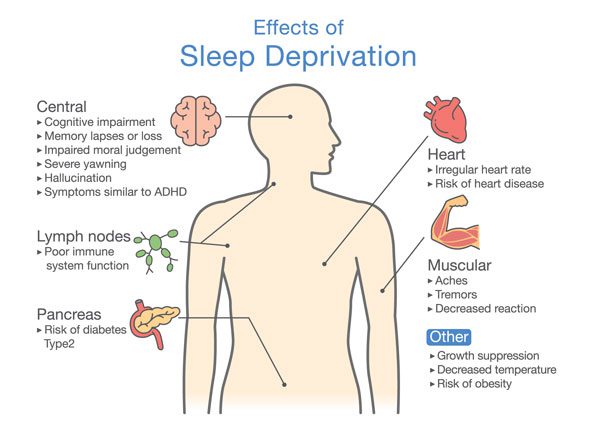 You may think that sleep deprivation and high blood pressure aren’t related, but it is a possibility that they are very closely related. If you get fewer than five hours of sleep at night, you are likely to have high blood pressure or at least at a higher risk of developing it. Sleep has an effect on many things including mood, your ability to remember things and to simply function throughout the day. When you are sleep deprived you are not able to do the things that you normally do with efficiency or with a speed that you may normally be able to complete tasks. That is because sleep helps your body to regulate your stress hormones and helps to keep you healthy. It also helps to regulate your nervous system.
You may think that sleep deprivation and high blood pressure aren’t related, but it is a possibility that they are very closely related. If you get fewer than five hours of sleep at night, you are likely to have high blood pressure or at least at a higher risk of developing it. Sleep has an effect on many things including mood, your ability to remember things and to simply function throughout the day. When you are sleep deprived you are not able to do the things that you normally do with efficiency or with a speed that you may normally be able to complete tasks. That is because sleep helps your body to regulate your stress hormones and helps to keep you healthy. It also helps to regulate your nervous system.
Getting enough sleep can help to treat high blood pressure if you already have it or to prevent it. Sometimes despite your best intentions to get enough sleep you are not getting a good, high-quality nights rest, due to sleep apnea. You may not even realize you have it until you visit the doctor. If you feel tired when you are getting enough sleep every night, it could be a sign that you need to have a conversation with your doctor. Not getting enough sleep has been linked to higher levels of stress and stress tends to bring on all kinds of health-related issues.
Get a Better Night’s Rest
There are many different ways to get a better night’s rest. The first step is to determine what is causing you to wake up tired and sleep deprived. If your mattress is uncomfortable, you may want to consider getting a new one. The cost of a new mattress will be much less than having to go to the doctor for various ailments plus you will avoid all the discomfort. You may live on a busy street, and the noises and sounds may be preventing you from getting a good night’s rest. It is also important to keep your room cool at night so that you get a more deep sleep. The ideal temperature should be between 60 and 67 degrees Fahrenheit. This also counts for those cat naps.
You can invest in a sound machine that plays peaceful music or static to help drown out the offensive noises and sounds. Maybe your pillow is the problem. A pillow is much less expensive than having to get your back and neck adjusted at the chiropractor repeatedly. And you won’t have to miss work because of debilitating migraines.
Sleep is a very important part of our lives, and you spend as much as a third of your life sleeping. High blood pressure is the culprit behind strokes, heart attacks, heart failure and kidney damage in many cases so it is very important to keep it under control. Check out some other effects of sleep deprivation can have on your body and life here.



